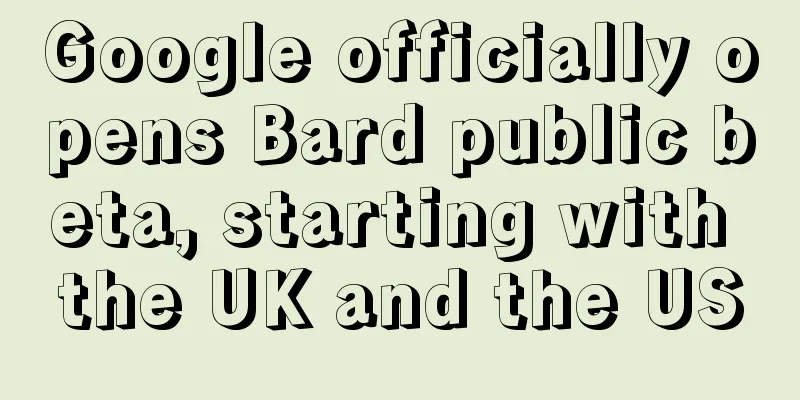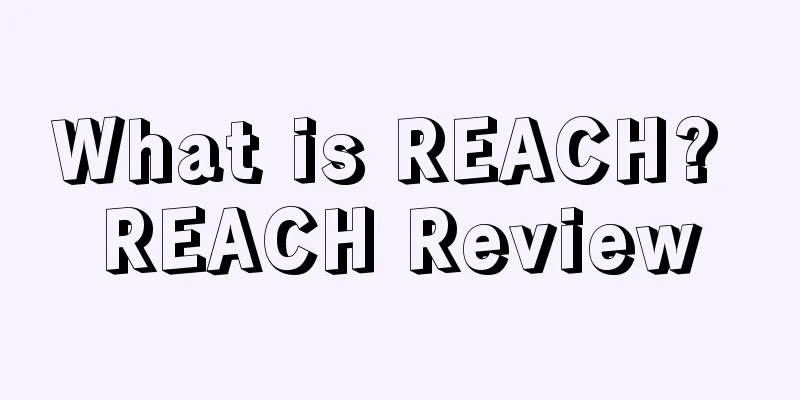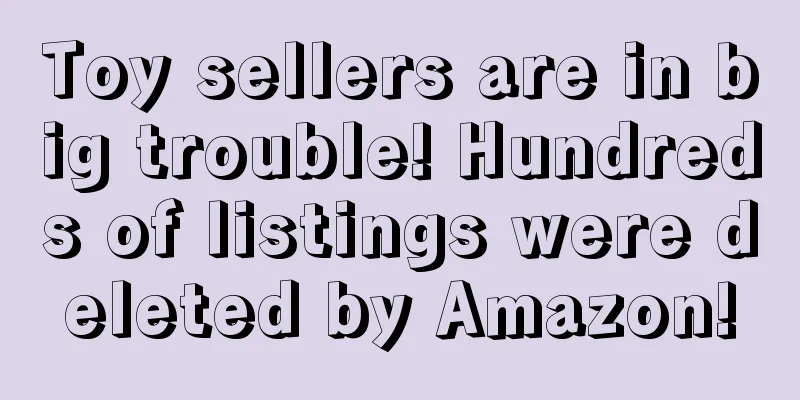Amazon begins to implement new FBA policies! Sellers' costs will be reduced!

|
Recently, many sellers have received invitation emails from Amazon regarding FBA fee reductions, inviting sellers to register for two new FBA programs, one is: Athena (Athena Program), and the other is: Apolo (Apollo Program).
It is reported that both pilot programs help sellers reduce logistics costs to a certain extent, but there are still differences in focus. 1. Athena Project: The fee that this program targets for waiver is the low inventory level fee . If you receive the above invitation letter and agree to participate, then during the period from September 9 to November 15, 2024, sellers will not have to bear the additional costs caused by insufficient inventory, thereby effectively alleviating financial pressure. In addition, Amazon will also adjust its distribution strategy, prohibiting cross-regional long-distance delivery of goods that require low inventory fees, in order to reduce unnecessary transportation costs. Once the goods are successfully replenished, Amazon will remove the restrictions on the distribution range and restore its nationwide distribution capabilities. The program will be piloted from September 15 to November 15, 2024, and Amazon will provide sellers participating in the program with discounts on some FBA fees. In order to further reduce logistics costs, Amazon will give priority to using inventory in the same region to deliver buyers' orders, reducing long-distance transportation across regions. In other words, sellers participating in the Apollo program need to plan the distribution of their inventory more carefully to ensure that there is sufficient inventory in each region to meet the needs of local buyers. At the same time, the program will also restrict the sellers' cross-regional sales capabilities to a certain extent, causing sellers to pay more attention to the development and maintenance of regional markets. The difference between the two plans: In fact, Athena and Apolo are essentially the same thing: by limiting the transfer of regional inventory, the high cost of long-distance transportation can be reduced, and the saved costs can be used to offset part of the fees that sellers need to pay. One is focused on low-stock products that are about to run out of stock, while the other focuses on products priced below $25. These two plans seem to save money, but some sellers have pointed out that both have to bear the consequences of FBA inventory being restricted by region. As for what kind of adverse impact it will have on sellers' product sales, we can only wait and see. It is not mandatory for sellers who have received invitations to participate in these two FBA pilot programs. If you do not intend to participate, you can choose to ignore the invitation without taking any action. |
>>: Confirmed! Amazon will upgrade and integrate Buy with Prime into TikTok!
Recommend
What is Onion Global? Onion Global Review
Onion Global was founded in 2015 and is a subsidia...
Amazon requires transparent packaging! ? The truth is out
Yesterday, Amazon updated an announcement stating ...
What is Followerwonk? Followerwonk Review
Followerwonk is a powerful Twitter search tool tha...
Teach you step by step to find the off-site promotion website that suits you
So how do you find a promotional platform that su...
Riots, curfews, Amazon boycotted by protests! A large number of sellers encountered tax raids!
The epidemic situation abroad is becoming increasi...
Savi successfully passed the review! The road to listing was bumpy, and its "Amazon dependence" worsened
▶ Video account attention cross-border navigation ...
What is bridenew? bridenew review
Boy London is a British streetwear brand founded b...
Seize the opportunity! Kaufland.de x Cdiscount leads the European spring and summer store opening
Due to the impact of the epidemic, the demand for...
New idea! Converting off-site traffic will steadily increase your sales ranking.
Image source: 123rf.com.cn Quickly promote the 38t...
Amazon's super-seller process for launching new products
Landing requirements: Familiarize yourself with t...
Amazon Prime Day may be held in October, and what are the regulations?
Due to the dual outbreak of the epidemic and riots...
What is UNCTAD? UNCTAD Review
The United Nations Conference on Trade and Develop...
Forced free returns? Amazon US releases announcement
Amazon US recently issued an announcement requiri...
Check it out as soon as possible! Amazon updates the listing weight rules
Amazon has been making continuous adjustments in t...
What is mecilla? Mecilla Review
Mecilla was founded in 2007 with the goal of closi...









